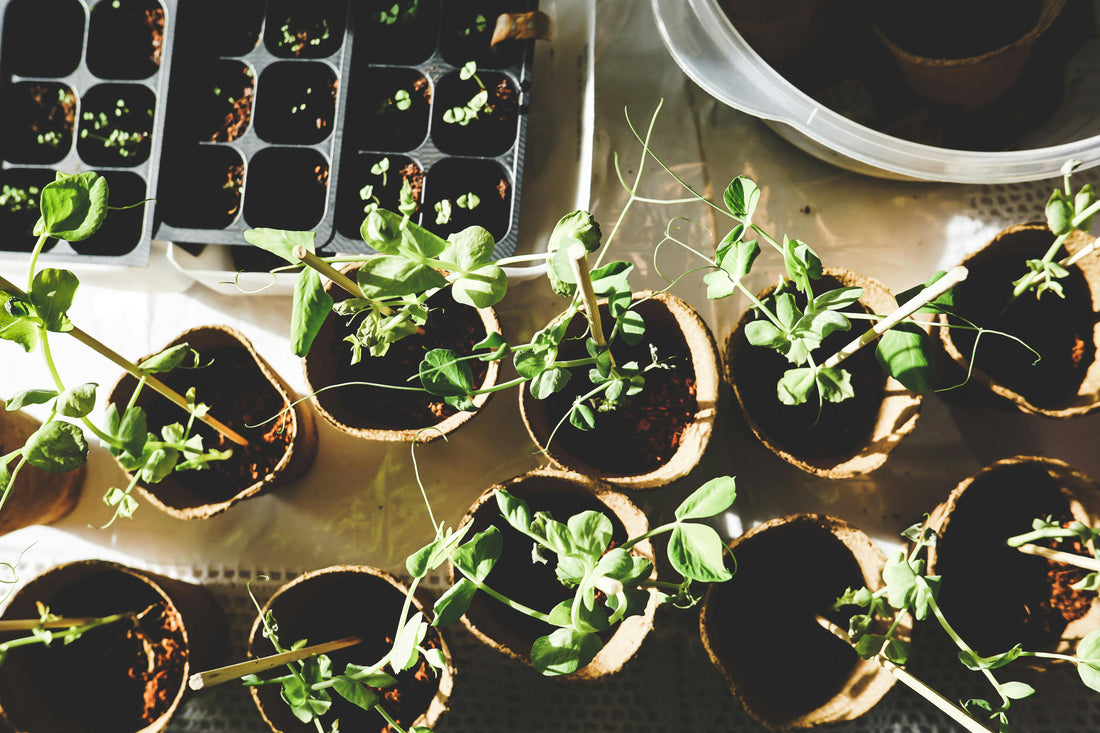Gardening is not only a rewarding hobby but also an opportunity to contribute to a healthier planet. By adopting sustainable gardening practices, you can minimize your environmental impact and promote a more eco-friendly approach to plant care. In this blog post, we will discuss some tips and techniques to help you create a sustainable garden.

1. Composting: Turning Waste into Nutrient-Rich Soil
Composting is a fantastic way to reduce waste and create nutrient-rich soil for your garden. By composting kitchen scraps, yard waste, and other organic materials, you can produce a natural fertilizer that enriches the soil and promotes healthy plant growth. Composting not only reduces the need for chemical fertilizers but also minimizes landfill waste.
2. Water Conservation: Efficient Irrigation Methods

Water is a precious resource, and conserving it is crucial for sustainable gardening. Consider installing a drip irrigation system that delivers water directly to the roots, minimizing evaporation and water waste. Additionally, collect rainwater in barrels and use it to water your plants. Mulching around plants can also help retain moisture in the soil, reducing the need for frequent watering.
3. Native Plants: Supporting Biodiversity

Choosing native plants for your garden is not only beneficial for the environment but also for local wildlife. Native plants are adapted to the local climate and require less water, fertilizer, and pesticides. They also provide food and shelter for native insects, birds, and other wildlife, promoting biodiversity in your garden.
4. Organic Pest Control: Natural Solutions
Avoiding the use of chemical pesticides is essential for sustainable gardening. Instead, opt for organic pest control methods such as companion planting, which involves planting certain species together to deter pests. You can also introduce beneficial insects like ladybugs and lacewings, which feed on garden pests.
5. Mulching: Benefits for Soil and Plants
Mulching offers numerous benefits for your garden. It helps retain moisture in the soil, suppresses weed growth, and regulates soil temperature. Organic mulches, such as wood chips or straw, also break down over time, adding organic matter to the soil and improving its fertility.
6. Crop Rotation: Preventing Soil Depletion
Rotating crops in your garden is an effective way to prevent soil depletion and reduce the risk of pests and diseases. Different plants have different nutrient requirements, and rotating them helps maintain soil fertility. It also disrupts pest life cycles, reducing the need for chemical interventions.
7. Responsible Waste Management: Reduce, Reuse, Recycle
Practicing responsible waste management is an integral part of sustainable gardening. Reduce waste by avoiding single-use plastics and opting for reusable gardening tools. Reuse materials like containers and pots whenever possible. Recycle plant waste by composting or using it as mulch.
By implementing these sustainable gardening practices, you can create a beautiful and eco-friendly garden that benefits both you and the environment. Let's all do our part in preserving the planet and promoting a greener future through sustainable gardening!

